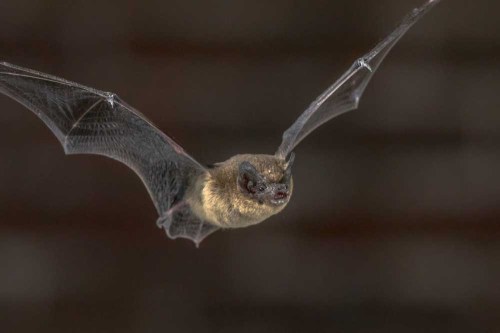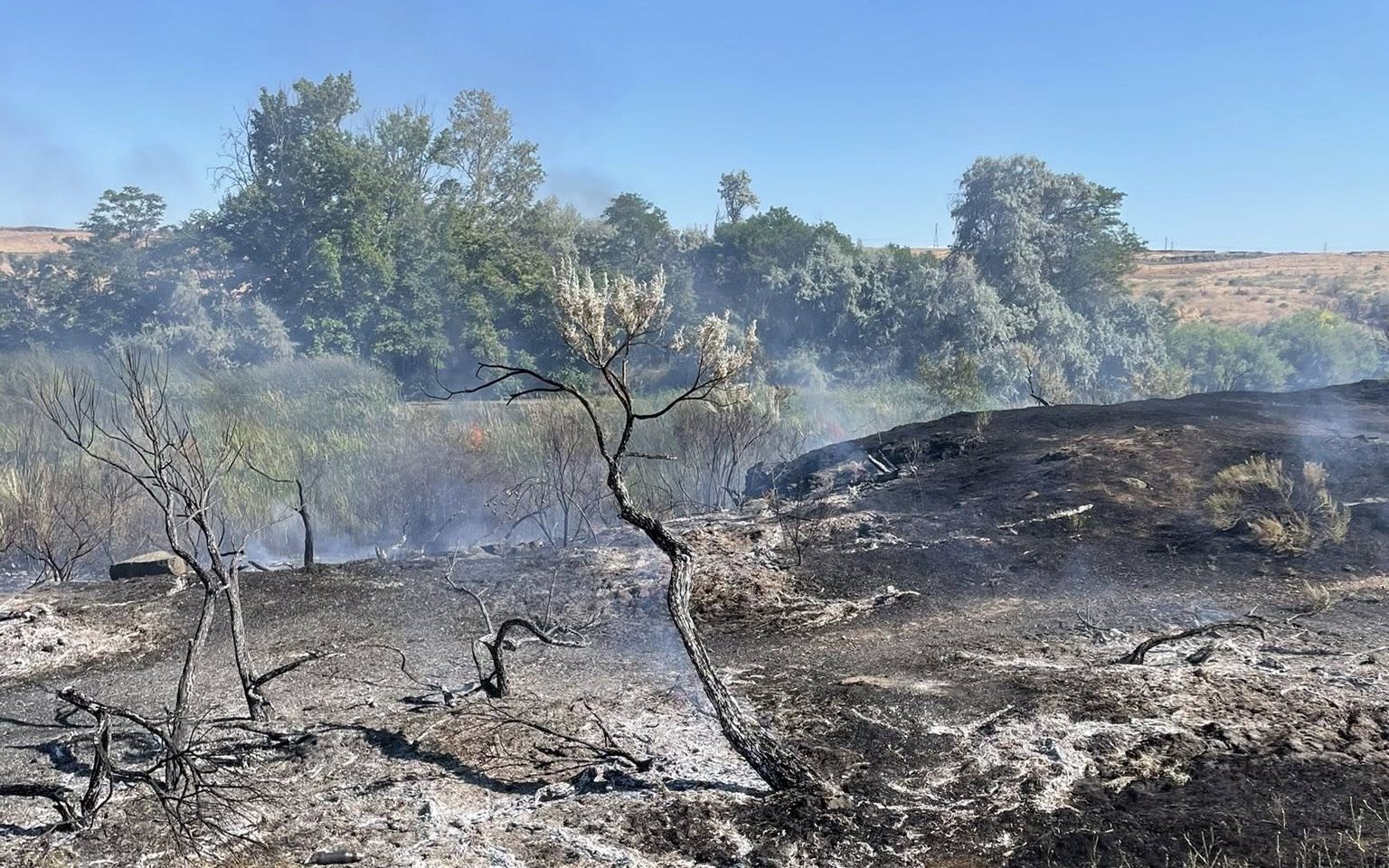Scientists fear people can give bats coronavirus
Published 10:00 am Monday, April 6, 2020

- A bat flies out of a church attic. The possibility that humans could spread the coronavirus to bats in North America is the latest twist in the worldwide pandemic that started in China late last year.
BEND — Chiropterologists — people who study bats — might soon be performing an unusual act of social distancing, limiting their exposure to the world’s only flying mammal in order to prevent the spread of coronavirus through bat colonies.
You read that right, scientists worry that humans could spread the deadly virus to bats.
The possibility that humans could spread the coronavirus to bats in North America is the latest twist in the worldwide pandemic that started in China late last year. Why is that noteworthy? Because, while still unconfirmed, the World Health Organization reported in February that bats were coronavirus carriers, and transmitted the disease to people through an intermediate host, such as a domestic food animal or wild animal, according to WHO.
Brian Hires, a spokesman for the U.S. Fish and Wildlife Service, said protocols that dictate how researchers should handle bats could be revised in a way that will prevent the small, nocturnal animals from possibly being exposed to the virus.
“Factors that may be affected include the use of protective equipment and disinfection procedures,” said Hires.
While the bats in Asia that carried the coronavirus had built up immunities to prevent sickness, the virus could harm North American bats, said Tom Rodhouse, an ecologist with the National Park Service and a courtesy faculty member at Oregon State University-Cascades.
Rodhouse, who has been researching bats for more than two decades, says there is a possibility that bats could become sick, or they could spill the disease back into human populations.
Research into these questions is ongoing, said Hires, so the Fish and Wildlife Service is acting out of “an abundance of caution” to give researchers more time to study the possible impacts of the novel coronavirus on bats.
While it’s not yet confirmed that COVID-19 originated in bats, something similar did occur nearly 20 years ago. A viral outbreak of the severe acute respiratory syndrome, or SARS, in late 2002 was genetically traced back to a colony of cave-dwelling horseshoe bats in China’s Yunnan province.
SARS passed to humans not directly from bats, but through a civet, an animal commonly sold for food in Chinese animal markets. SARS-CoV-2, the virus that started the current coronavirus outbreak, is genetically related to the coronavirus responsible for the 2002 SARS outbreak, according to WHO.
Zoonotic diseases, those that spill over from animals to humans, are common, according to the Centers for Disease Control and Prevention. Rabies, SARS, MERS, Ebola and HIV are a few examples of zoonotic diseases. The MERS coronavirus, for example, jumped from bats to camels to people. Reverse zoonosis, or anthroponosis, is the process of a pathogen going in the other direction, from humans to animals.
In the case of the current, globe-sweeping coronavirus, reverse zoonosis could result in the virus spreading through bat colonies, resulting in widespread death. Bats are already threatened by white-nose syndrome, an emerging infectious disease that has killed millions of bats in 33 states since 2007.
The Fish and Wildlife Service says it plans to conduct research to determine the potential threats to bats and people, said Hires. It’s not yet known if a human could infect a bat with the coronavirus.
People who come into frequent contact with bats include biologists, researchers, wildlife rehabilitators and pest controllers. The general public can also come into contact with bats, especially when these small winged mammals make a home in an attic or garage.
The possibility that bat researchers may need to postpone fieldwork comes as scientists across the country were preparing for bat handling and cave entry, which takes place each spring as bats emerge from hibernation.
Rodhouse said all his research on bats with OSU is on hold for now. He was preparing to conduct a research project this summer on spotted bats.
“There is a ton of uncertainty about what the summer field surveys will look like, if they happen at all,” said Rodhouse. “We’re going to have to do our own triage of sorts, to identify which projects absolutely have to continue and which can be postponed a year.”






